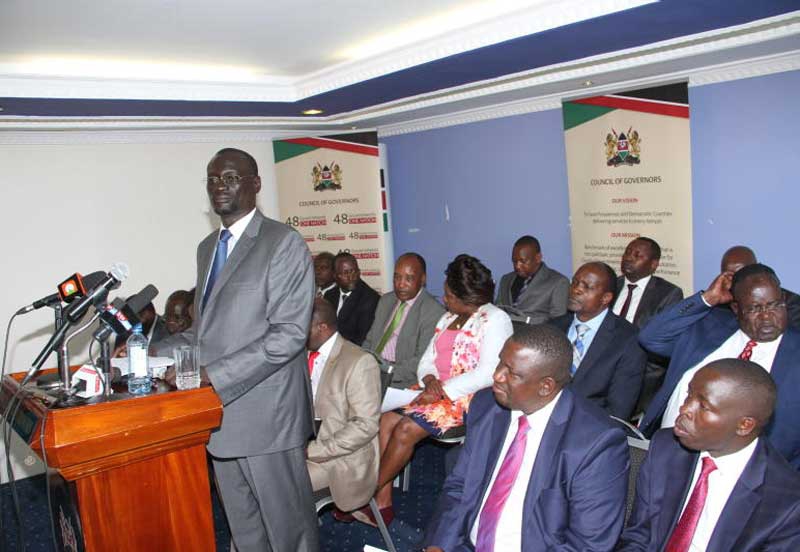×
The Standard e-Paper
Home To Bold Columnists

Governors have cited bottlenecks in the electronic procurement payment system, a high wage bill and low revenue collection among challenges undermining county operations and development.
They also demanded an expanded role in overseeing security in their respective regions by reviving the push to chair a key security organ, a move the national government has resisted.